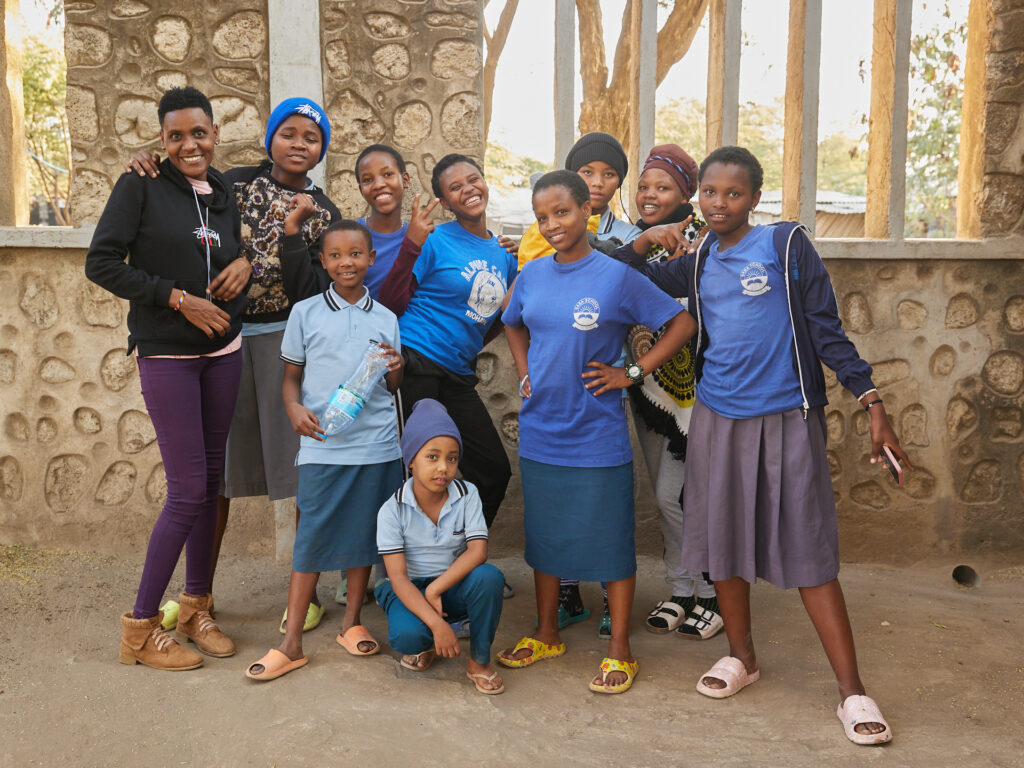An interview with Agripina Fabian
As a foreigner, it is not easy to understand the educational system in Tanzania. In Febrary 2024, I talked with Agripina, a young Tanzanian woman who studies Hospitality Management and Culinary Art at the National College of Tourism in Arusha. At the same time, she is involved in the social project “Pepea Children Foundation” where she and her partner Stephan are providing private education for girls with a difficult social and family background. She knows the education system and is quite optimistic about the recent advances and improvements.
Though public schools are for free now, she and her partner Stephan decided to send the “Pepea-Girls” to private schools. “In a public school with 40 to 100 students per class, they get lost.” She says, “They need more attention and support to develop their individual potential. This is much better in a school with only 15 students per class.”
On the other hand: there are lots of unemployed teachers in Tanzania – so why are the public schools so crowded? Mostly, it appears to be a financial problem. There is a substantial need to catch up, build new schools and improve teacher training – but the funds are limited. Private schools charge between 700€ to 4.000€ per student per year. They have more money, can hire better teachers and can afford smaller classes.
Do children learn nothing at all in state schools? They do, but especially in difficult social circumstances, it often seems more attractive to skip school and make easy money on the street with odd jobs (and other, less pleasant jobs). Tourists in particular, who may give a dollar out of pity, contribute to the feeling that a solid education is apparently “not worth it”.
A visit at the Sasa School in Kigongoni (Arusha) proves that the Pepea-concept is successful. The 10 “Pepea-Girls” are happy and they welcome Agripina and Stephan like their foster parents. We go out for dinner. The girls have eggs, French fries and a soft drink – a feast! They are open minded and chatter (in quite good English) continuously about the school, their adventures and their ambitious future plans.
Reymond, the head teacher of Sasa school joins later and discusses the individual success and problems of the girls with Stephan and Agripina – and they are trying to find solutions.
The Pepea Project is expensive and may be like a drop in the ocean. But when you see how the girls thrive, it is definitely worthwhile.
It would be good to have more of this and more support for teachers to train them in teaching according to the needs of the children.

The Pepea-Girls with their teachers and councelors Noela und Rehema (left).
Author: Wolfgang Nellen
Video: Stephan Auner

